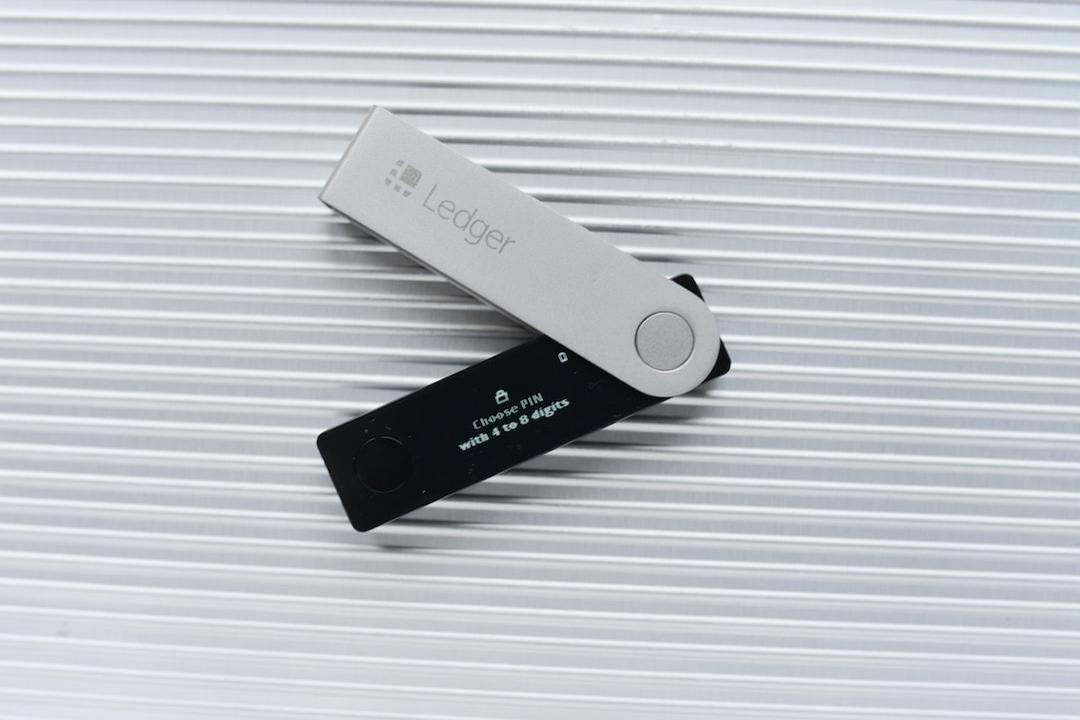Recently, VanEck, a giant asset management company that has issued a Bitcoin spot ETF and is seeking SEC approval for an Ethereum spot ETF, confirmed that it has submitted an application for a Solana ETF (VANECKSOLANATRUST) to the SEC. The news of the first Solana ETF application in the United States has caused the SOL price to rise, and the Solana ecosystem has gained more hope. At the same time, it has sparked widespread discussion in the market: when will the United States approve the listing of Solana ETF? What is the prospect of Solana ETF in the current political and regulatory environment?
In fact, a week ago, 3iQ, a cryptocurrency asset management company, applied for a spot Solana ETF in Canada, which is the first in North America. In recent months, Franklin Templeton, a $1.5 trillion asset management company, has also expressed appreciation for the Solana ecosystem and network.
As a highly anticipated blockchain network, Solana’s native token SOL is also favored by investors, but establishing a Solana ETF is not easy. Although VanEck’s Solana ETF application has been accepted, industry insiders generally believe that there is still great uncertainty as to whether it can be approved smoothly under the leadership of the US Securities and Exchange Commission (SEC) led by the Biden administration.
According to analysis, the approval of Solana ETF may face many obstacles, and it is difficult to achieve at least during the Biden administration. The main reasons are as follows:
1. The SEC’s position on Solana is controversial. SEC Chairman Gary Gensler has previously stated that Solana may be considered a security, rather than defined as a commodity like Bitcoin and Ethereum. This means that Solana ETF needs to face stricter regulatory requirements.
2. Solana lacks a mature derivatives market. Unlike Bitcoin and Ethereum, Solana has not yet established a mature futures market. The SEC often tends to approve cryptocurrency ETFs based on futures rather than spot ETFs. When reviewing Bitcoin and Ethereum ETF applications in the past, the SEC has required a mature futures market as a basis. The lack of a derivatives market will limit the ability of ETF managers to effectively hedge and manage risks.
3. Concerns about manipulation and price manipulation. The SEC has always been concerned about the lack of supervision and potential manipulation in the cryptocurrency market. For the emerging Solana, this risk may be even greater. In addition, the Solana network has experienced multiple downtime events, which is also a major obstacle to the SEC’s delay in approving Bitcoin ETFs.
Although it is difficult to be approved under the Biden administration led by the SEC, industry insiders generally believe that the future of Solana ETF is still optimistic. Once the political situation changes, such as Trump’s re-election, the approval prospects of Solana ETF may be greatly improved.
During the Trump administration, the SEC’s regulatory stance was usually more open and friendly. Especially in the field of cryptocurrency, the Trump administration has always maintained a relatively loose attitude. Moreover, after Trump took office, the leadership of the SEC is likely to change, and the new management may hold a more open attitude towards the listing of Solana ETF. Therefore, some analysts believe that if Trump is successfully elected, the approval of Solana ETF may be quickly approved and may exceed the increase of Bitcoin ETF.
However, some people believe that whether Trump is elected or not, even if it is still in the Biden period, with the passage of time and changes in the regulatory environment, Solana ETF will eventually be approved, and it is only a matter of time. At the same time, the attitude towards the wider cryptocurrency market is positive: VanEck’s application for Solana ETF further proves that altcoins are about to land on Wall Street.
First of all, Bitcoin and Ethereum ETFs were eventually approved during the Biden administration, which shows that the US regulatory environment is gradually accepting cryptocurrency ETFs. In this context, the road to Solana ETF will also become smoother.
Secondly, as a highly anticipated blockchain network, the Solana ecosystem is also constantly developing and improving. If Solana can further improve network stability and strengthen regulatory compliance, it is believed that it can better meet the approval requirements of the SEC.
Finally, the change of the US government may also bring changes in the regulatory environment. If there is a government that is more friendly to cryptocurrencies in the future, the approval process of Solana ETF may also be accelerated.
In summary, the road to the listing of Solana ETF will not be smooth, but in the long run, with the continuous development of the cryptocurrency market and the gradual improvement of the regulatory environment, Solana ETF will inevitably land on the US capital market and become the focus of investors’ attention. For investors, Solana is undoubtedly one of the most promising cryptocurrencies at present and is worth paying close attention to.

